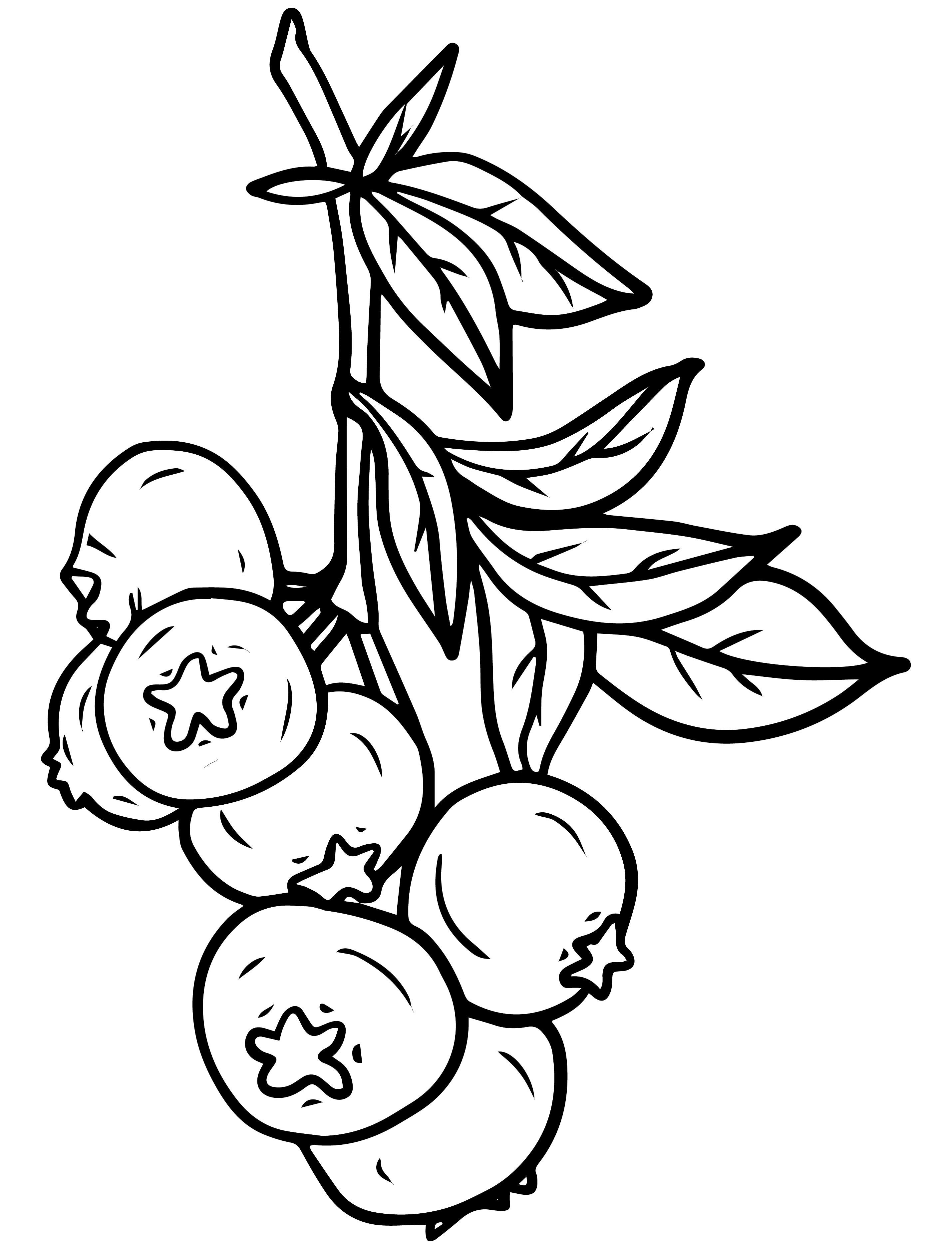Culturally Safe, Trauma- and Violence-Informed
You are invited to choose your path to the berry patch by identifying and sourcing the resources and pathways that will help your specific community ecosystem flourish, for safer campuses for everyone.
In this video, Jewell discusses the historical and ongoing impacts of colonization and explores ways to provide culturally safe and trauma- and violence-informed care.
 Reflection Questions
Reflection Questions
- Information, resources, and training on trauma- and violence-informed care are often available at post-secondary institutions as well as through community organizations.
- Where can you learn more about trauma- and violence-informed care?
- Once you’ve identified resources, what plan can you create to start and then deepen your learning?
- As professionals, we carry a metaphorical medicine basket.
- What medicines will you bring with you? (Consider attributes such as patience, curiosity, and humility.)
- What medicines do you wish to add? (Consider things such as deeper knowledge of local culture or protocols, opportunities to meaningfully engage in self-learning, etc.).
- You are encouraged to research and learn more about the impacts of intergenerational trauma.
- Consider if people such as Elders should be involved in supporting students who experience intergenerational trauma?
- First Nations, Métis, and Inuit communities have their own unique knowledge and healing practices.
- What practices are currently available at your institution or in the community (smudging, visiting a Sweat Lodge, etc.).
- If you are an instructor, are there opportunities to incorporate these practices into your learning spaces in a way that becomes sustainable for your learning ecosystems?
- How can you work with students and community partners to identify other practices that can be incorporated into the ecosystem?
The KAIROS Blanket Exercise is a two- to three-hour workshop that explores the impacts of colonization from Indigenous perspectives. During the workshop participants step on blankets representing the land and into the role of First Nations, Inuit and Métis peoples. They are guided by trained facilitators, including Indigenous Elders and Knowledge Keepers, who work from a script that covers pre-contact, treaty-making, colonization, resistance and much more. Participants read scrolls and respond to cues in the script. The KAIROS Blanket Exercise concludes with a debriefing, conducted as a talking circle, during which participants discuss the learning experience, process their feelings, ask questions, share insights, and deepen their understanding. Workshops are offered on a slide-scale fee structure and are appropriate for groups of 15 or more.
For more information, visit Programs – KAIROS Blanket Exercise
Resources
KAIROS Blanket Exercise Program. (2023). KAIROS Blanket Exercise. https://www.kairosblanketexercise.org/
Menzies, P. (2020). Intergenerational trauma and residential schools. The Canadian Encyclopedia. https://www.thecanadianencyclopedia.ca/en/article/intergenerational-trauma-and-residential-schools

